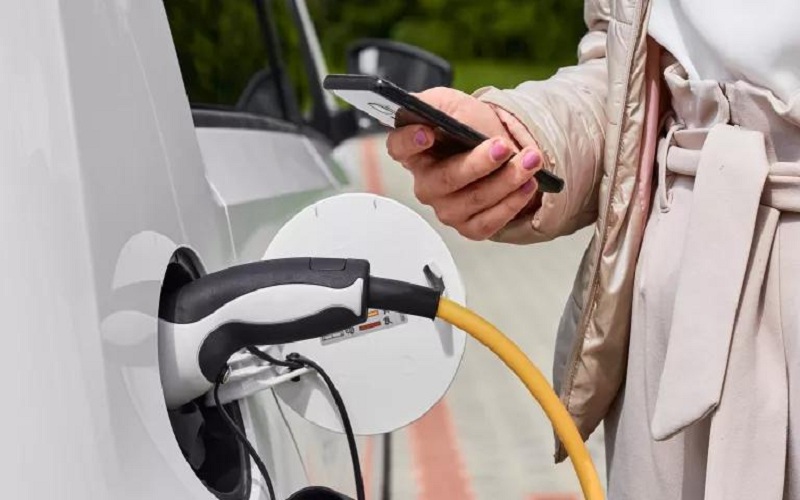3 Vital Things You Need To Know About Electric Vehicle Chargers
Electric vehicles (EVs) are a sustainable transportation option whose popularity is continuing to grow. With the rise of EVs comes the necessity for an infrastructure that supports their charging needs. Electric vehicle chargers are crucial because they enableOregon EV owners to conveniently power up their vehicles, whether at home, work, or on the road. Understanding these chargers can help you maximize their efficiency and charging experience. Here are four vital things you need to know about electric vehicle chargers.
1.Types of Chargers
Electric vehicle chargers come in various types, each offering distinct advantages and charging speeds. The three primary types of chargers are Level 1, Level 2, and DC Fast Chargers.
Level 1 chargers are the most basic and come as standard equipment with every electric vehicle. They use a standard household outlet (120 volts) and provide a slow charging rate, making them suitable for overnight charging at home.
Level 2 chargers operate at 240 volts and offer faster charging speeds compared to Level 1 chargers. They are commonly found in Portland’s residential settings, workplaces, and public charging stations. Level 2 chargers can replenish an EV’s battery much quicker, making them ideal for daily charging needs.
DC Fast Chargers, also known as Level 3 chargers, are the fastest option available. They utilize direct current (DC) and can charge an EV to 80% capacity in as little as 30 minutes. These chargers are located along Oregon’s highways and major travel routes, catering to long-distance travelers who need quick recharging stops.Understanding the differences between these charger types can help you to select the most suitable one based on your charging needs and lifestyle. You can also capitalize on Portland General Electric EV charger rebate to get an EV charger at an affordable price.
1. Charging Networks And Compatibility
Electric vehicle charging networks are essential for expanding the accessibility of charging stations and ensuring compatibility with different EV models. Several major charging networks, such as Tesla Supercharger, ChargePoint, and Electrify America, have established extensive charging network stations across various regions in Oregon.
When choosing an electric vehicle charger, check its compatibility with your EV model and the charging network’s coverage area. Some chargers may be proprietary to specific manufacturers, while others are compatible with a wide range of EVs. Additionally, access to charging networks and membership requirements may vary, so research and plan your charging stops accordingly.
Fortunately, interoperability initiatives are underway to streamline the charging experience and enable EV owners to access multiple charging networks using a single account or payment method. You can also go throughhome EV charging FAQs to get more information about charging networks.
2. Charging Time and Range Considerations
The charging time required to replenish an electric vehicle’s battery depends on various factors, including the charger’s power output, the vehicle’s battery capacity, and the current state of charge.
Level 1 chargers offer around 2 to 5 miles of range per hour of charging, while Level 2 chargers can offer anywhere from 10 to 60 miles of range per hour, depending on the charger’s power rating and the EV’s compatibility. DC Fast Chargers, on the other hand, can deliver up to 200 miles of range in around 30 minutes.
When going for longer trips, identify charging stations along your route and factor in charging time to enable you reach your destination comfortably. Additionally, your electric vehicle’s range capabilities and charging preferences can help to optimize your driving experience and minimize range anxiety.
The Bottom Line
Electric vehicle chargers are vital components of the Oregon EV ecosystem. EV owners need them for efficient and convenient charging. As the electric vehicle market continues to expand, staying informed about advancements in charging technology and infrastructure will ensure you remain at the forefront of the EV revolution.


